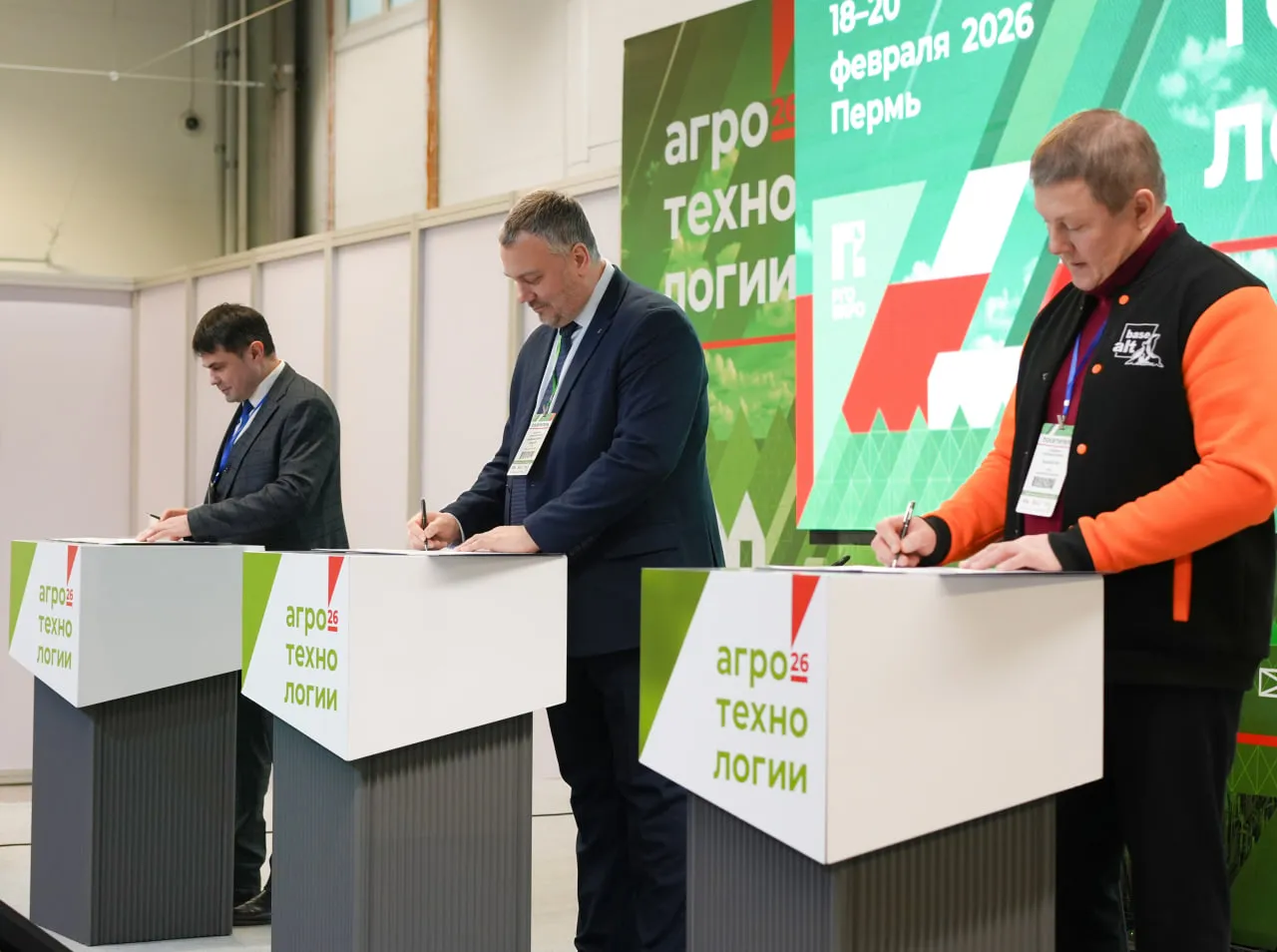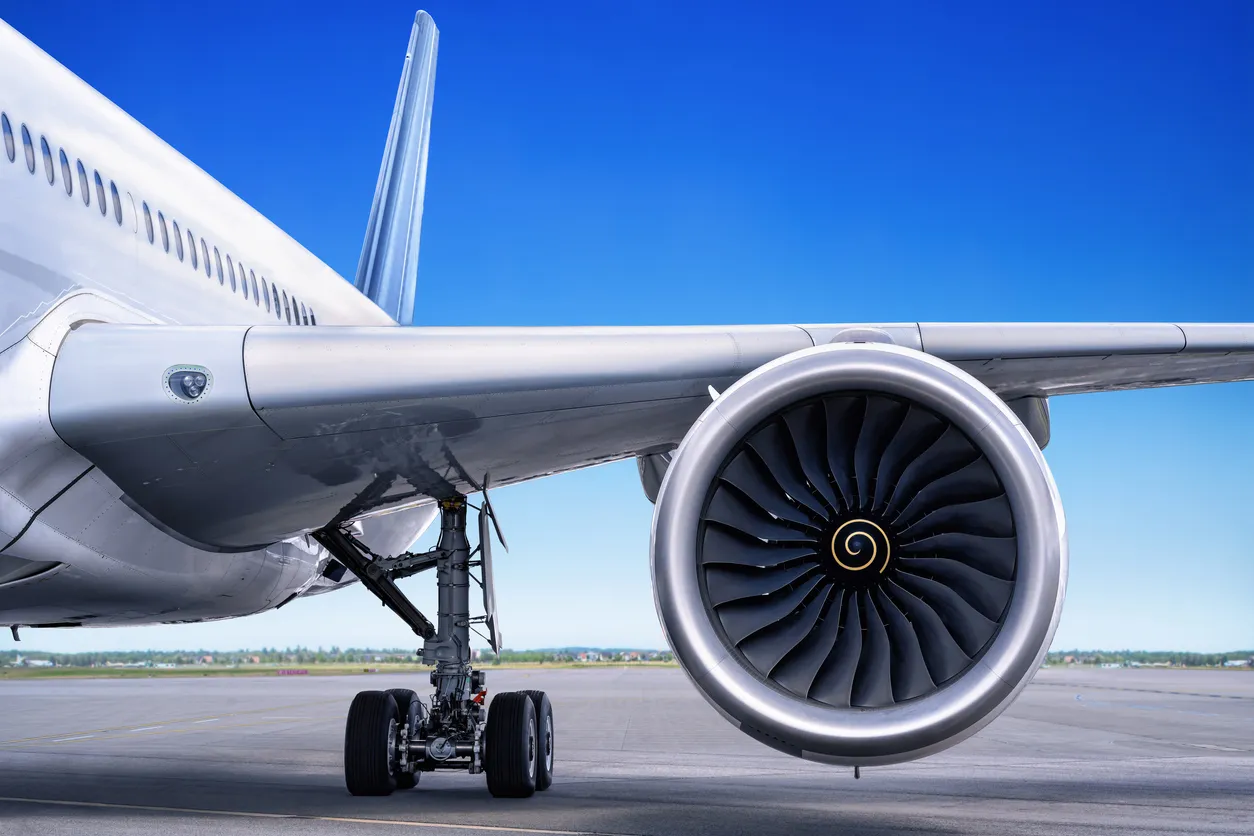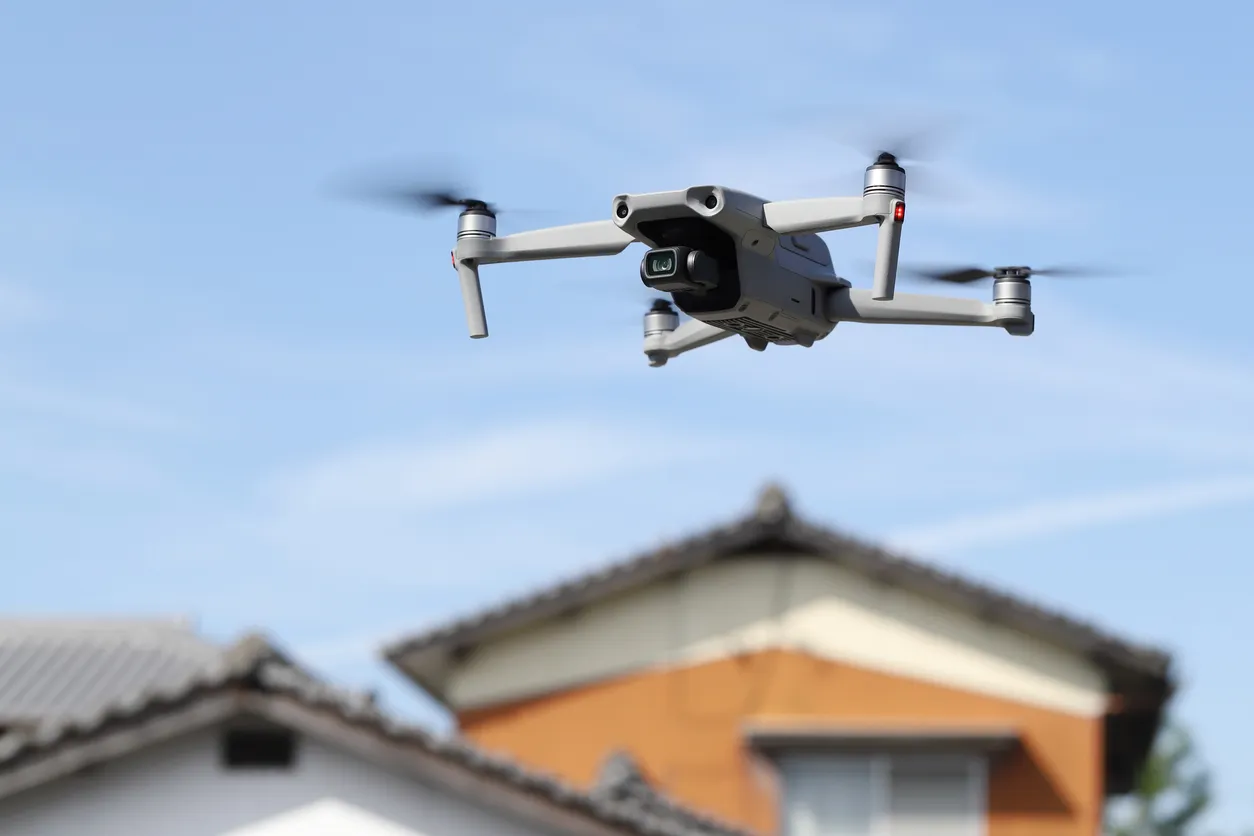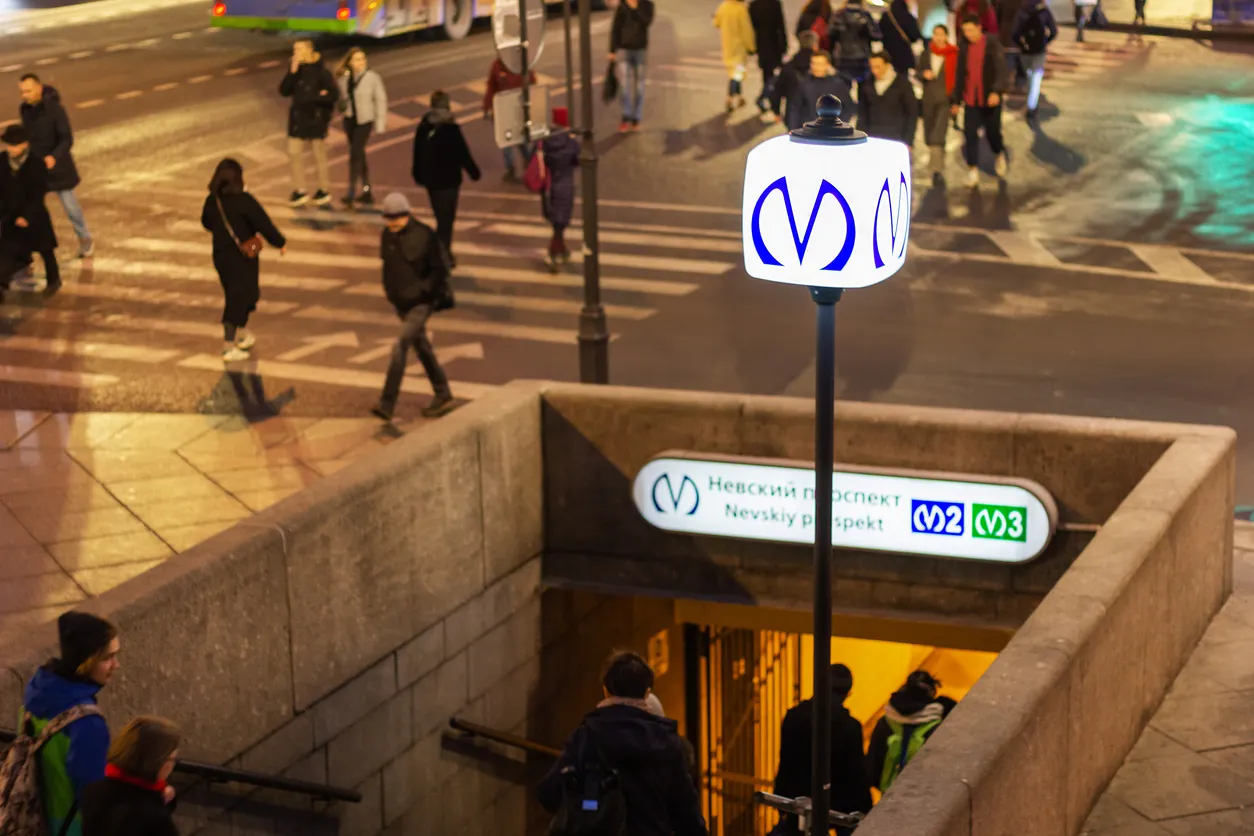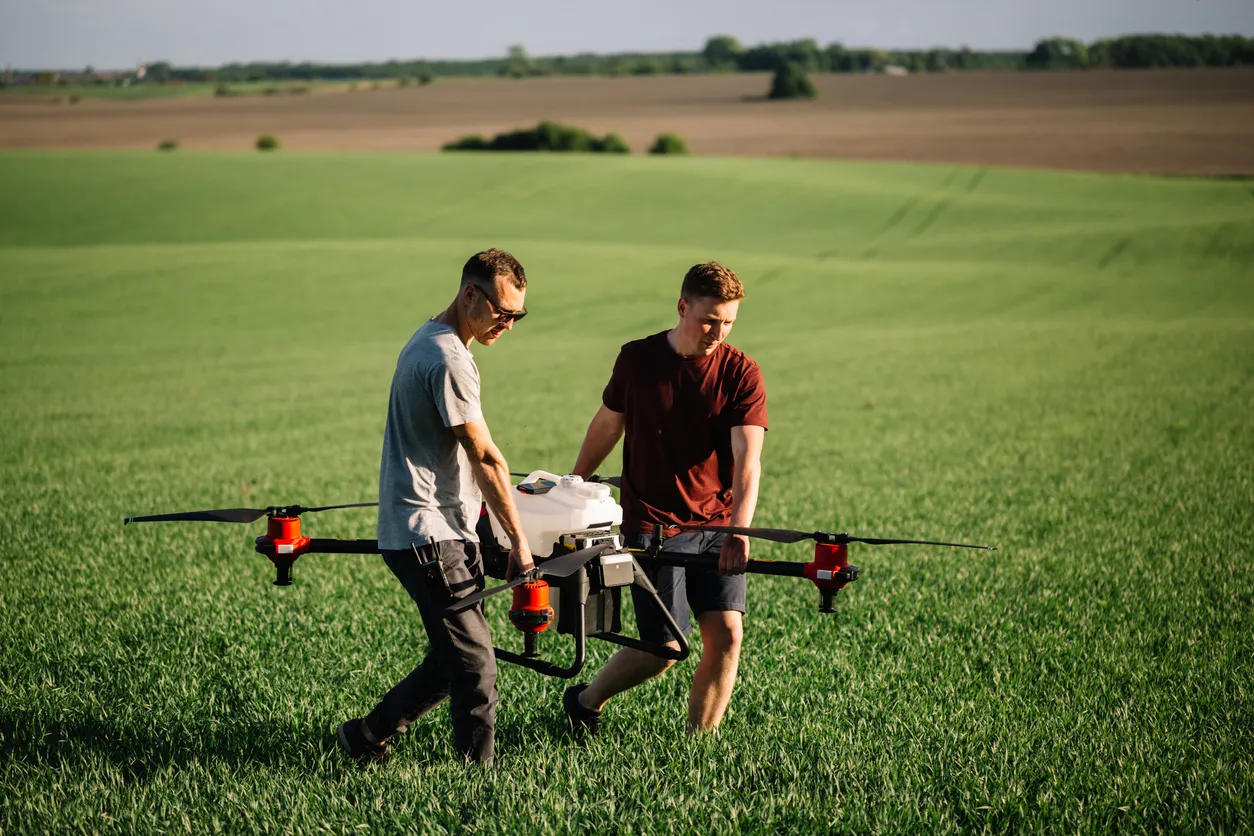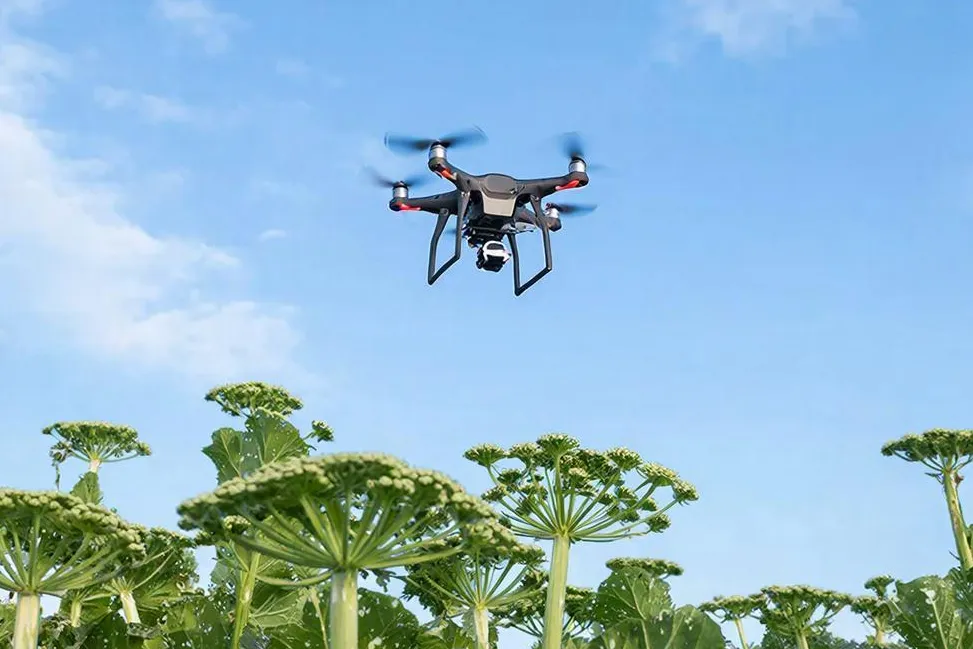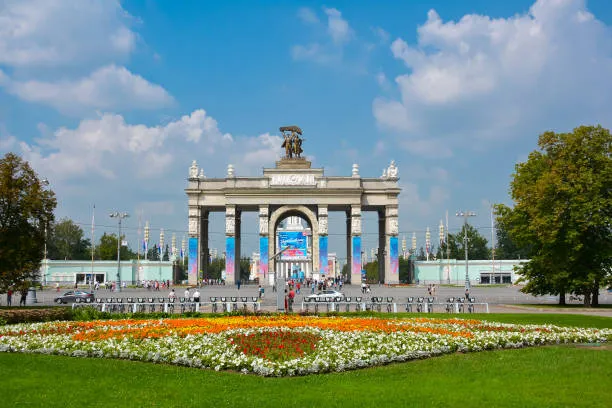AI Manages Climate and Power Systems at a Russian Airport
AI is reshaping airport operations in Russia, where a new system in Saratov optimizes energy use and passenger comfort by analyzing flight schedules, foot traffic, and weather data.

Saratov’s Gagarin Airport has deployed an artificial intelligence system to oversee energy consumption and climate control inside the terminal. The smart platform analyzes flight timetables, passenger flow, meteorological data, and even electricity pricing, allowing the airport to fine‑tune its energy usage while maintaining a comfortable environment for travelers.
‘Smart’ Passport Control, Baggage Screening, and Autonomous Porters
Saratov is among the first Russian airports to apply neural networks to its engineering infrastructure, but others across the country are already embracing similar technologies. In Yekaterinburg’s Koltsovo Airport and Moscow’s Vnukovo Airport, the ‘Sapsan’ AI system checks passengers’ travel documents, speeding up passport control.
At Sochi International Airport, a virtual assistant powered by the ‘GigaChat’ neural network helps passengers locate services—from mother‑and‑child rooms to information desks.
In Yuzhno‑Sakhalinsk, an AI‑enhanced video system counts visitors, measures queue length, monitors the environment, and flags unattended items or suspicious behavior.
St. Petersburg’s Pulkovo Airport is testing autonomous luggage porters and preparing trials of self‑driving buses and other robotic service vehicles. In 2026, Pulkovo will also begin testing ‘Migom’ biometric scanners designed to enable frictionless, face‑based aircraft boarding.






